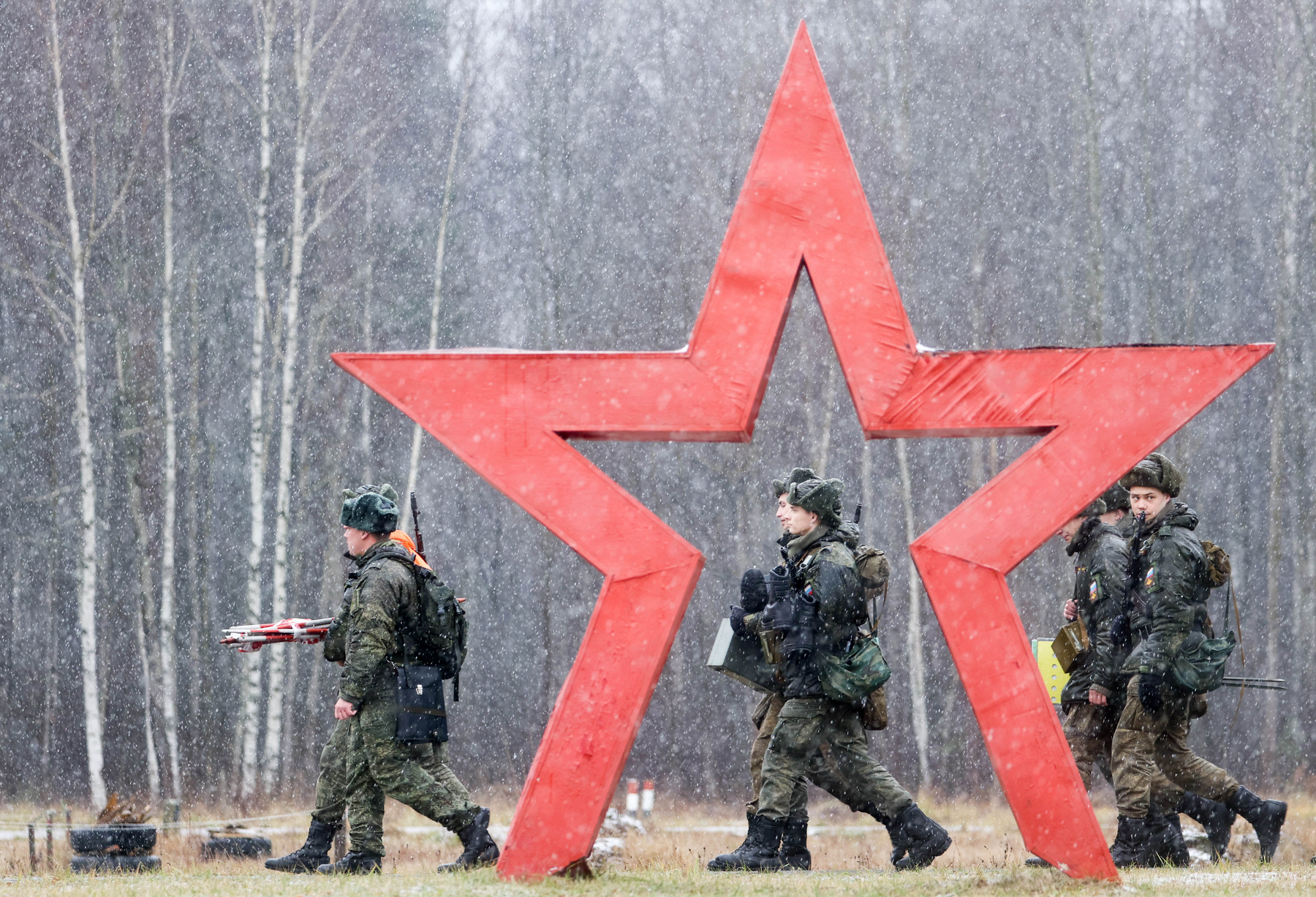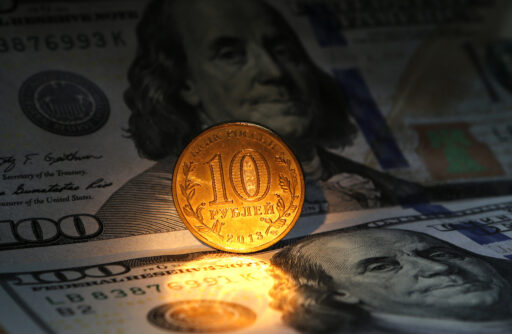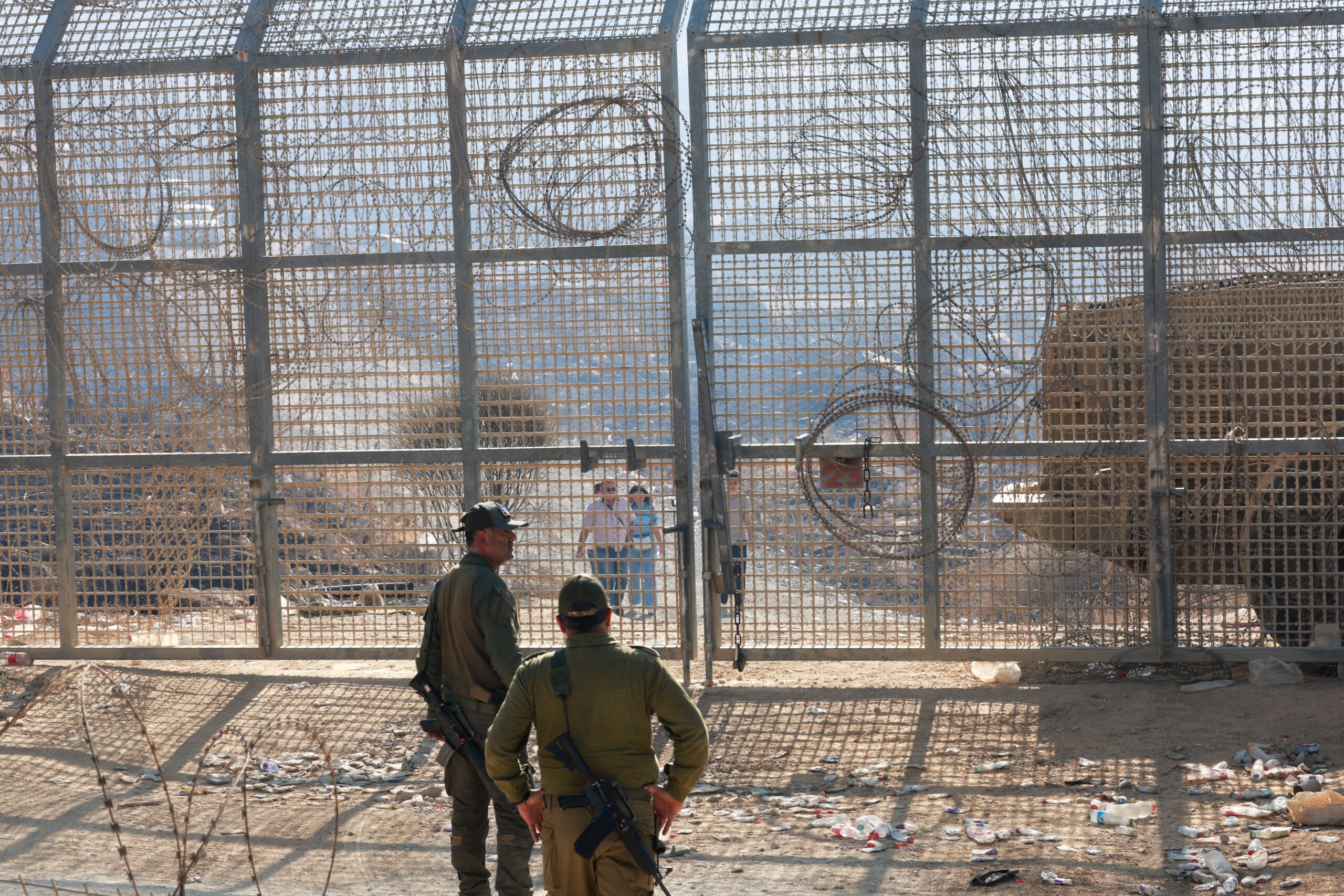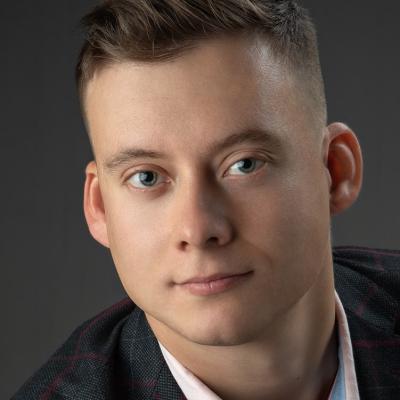Throughout Central and Eastern Europe, foreign policy experts have been urgently honing in on whether Russia’s recent ramp up of military activity on its Ukrainian border is a harbinger for further hostilities. Many of the debates here drill into what US President Joe Biden and other NATO leaders can do to prevent it (or how to react if it happens.) What has been missing is a wider reflection on some of the wider contextual motives behind Moscow’s moves to ratchet up tension.
Judging by Russia’s track record in unannounced military operations — specifically in the case of Ukraine — any sudden buildup of Russian troops on its western border is always an alarm bell to take seriously. And this time round, it is more worrying than before.
Looking across Russian media channels, Moscow’s official rhetoric is more fired up than usual. For instance, the Russian Federations’s foreign intelligence agency, the SVR (who you don’t expect to be making public statements on the matter at all) has been drawing an ominous parallel with the 2008 war in Georgia. The SVR claims that the US is pushing Ukraine towards escalation, while Russia’s Security Council speaks of increased subversive activities and a heightened risk of provocations around Crimea.
But keep in mind: Russia’s general position isn’t new. Moscow has been expressing dissatisfaction with how Kyiv is not fulfilling Minsk II agreements ever since the document was signed in February 2015. A lot of this comes from a sense of not being listened to. At first, Moscow viewed the sluggish progress of Minsk protocols as lying with the Poroshenko government. Yet when President Zelensky proved similarly inclined, Russia’s impatience with Ukraine became acute. In an article published in October 2021, former president Medvedev voiced the official Russian position on why it makes no sense for Moscow to attempt to communicate with Kyiv again. That chimes with another continuity: Moscow is still not taking Ukraine’s sovereignty seriously, believing it is run (or at least heavily influenced) by foreign powers, with its leaders incapable of sticking to the letter of agreements they sign.
So these latest tensions cannot be seen in bilateral isolation. The flareup owes a lot to Moscow’s perceived frustrations with the role of western leaders in Ukraine. And doubtless, there is signalling effect at play. The message seems to be that Moscow is increasingly frustrated that neither the US or western European countries are doing much to open up Ukrainian thinking to a lasting political compromise in the Donbas. Instead, to the ire of the Russian government, western governments are providing military aid to Ukraine. Some in western capitals might treat this approach as a means to support Ukrainian independence and preserve the security of Europe and show solidarity with a victim of Russian aggression. Still, Moscow interprets it like an escalated effort to curb Russia’s position in the region and its undermine its status as a grand power as a whole. And what is worse – doing so while shrugging off Russia’s repeated warnings.
Here, Moscow has been vocal for a while, including recently. The Kremlin’s policy thinkers see the post-soviet space as not only its own sphere of privileged influence, but a place where history has not ended — where the collapse of Soviet Union is ongoing and unless conflict resolution measures are undertaken, there will not be peace. Seen in this light, the lack of western efforts to persuade Kyiv to compromise and implement Minsk II, in the eyes of Russia, is a lack of interest in finding a peaceful solution to security concerns of the entire Eastern Europe and western Eurasia.
In particular, Moscow has been open about the prominence of Ukraine to its foreign policy and national identity. It is not exactly the case of recreating the former Soviet Union. Instead, policy thinkers there talk of introducing new norms and rules that would define European and partially international security in a “post-American hegemony” multipolar world where Russia naturally has a unique set of rights. The need to renegotiate how world is “run” has been fermenting since the 1990s and started being voiced officially since the 2003 invasion of Iraq.
Ever since, Russia has been pressing western nations to arrange new rules of conduct so the ambiguity we have today would be avoided. From liberal and much broader ideas of Greater Europe and Union of Europe to more security focused and realist Medvedev’s new European security architecture and similar projects that could have defined where the security of “the other” ends. Naturally, in the eyes of Moscow, it is the West that did not want to be forward thinking and reasonable. Thus, the West didn’t want to rewrite any international norms after the war in Georgia, nor after the bloodiest battles of Debaltsevo and Illovaisk.
And since, as Kremlin sees it, the key to unlocking most of the doors here is stuck somewhere in D.C., Moscow has been eyeing a frank conversation for a while now with the US. It was impossible to have this conversation with Trump. Yet since Biden is “the return to normality”, it makes no sense to wait longer for Russia, given how Minsk II is flagging, and given the ongoing lethal weapons supply to Ukraine.
How far will Moscow go?
Many Russian foreign policy voices speak as if the situation today differs from what we have seen before. As if a previous approach “is no longer working” and “creating a new one through political and diplomatic talks alone doesn’t seem feasible”. The overall message is that an escalation to the conflict is quite possible, and it doesn’t make any sense to test the resolve of Russia’s president.
A week ago, during a meeting with the Russian MFA, Putin yet again voiced Russia’s request for NATO long-term guarantees for Russia’s security. Putin gave no specifics here. But judging by comments voiced now and many times before, we have at least two major agendas. First one of course – is specific to Ukraine and is focused on an agreement to limit Ukraine’s sovereignty making it a sterile buffer zone between NATO and Russia and forcing a few political reforms that would open way to reintegration of Donbass. There are hardly any ways to do this without heavy amendments to the constitution of Ukraine. But Moscow is certainly convinced that amending the Ukrainian constitution is done from Washington.
The other agenda on Russia’s table is the “renegotiation of everything” – a long-standing offer of Putin to set the rules of this Cold War 2.0. or simply the post post-cold war world rules. Moscow feels Washington is capable of having this conversation since it is already being held over arms control. What this conversation was missing is a solid incentive.
Rational calculations even by Russian foreign policy experts surmise that reopening the Russia-Ukraine conflict with heavy fighting is not in Russia’s interests. However, with the uncompromising nature of the parties so far involved, major bloodshed is not to be discounted.
What comes next can be determined by the Biden Administration. His team could well show readiness to go ahead with a one-on-one meeting with Putin that Russian media outlets have already announced. There have been a few meetings between Putin and a US leader that led nowhere. There could be more. But this time round, Putin is certainly doing his part to make sure his counterpart today knows that Moscow is serious, and this conversation should be different.










